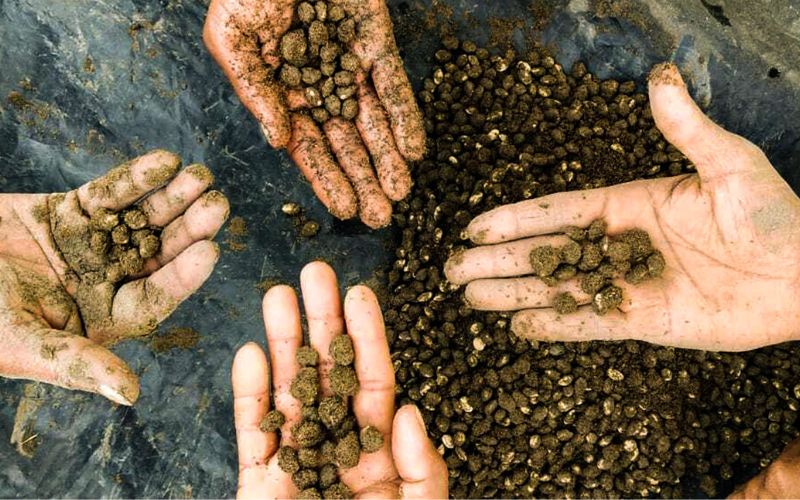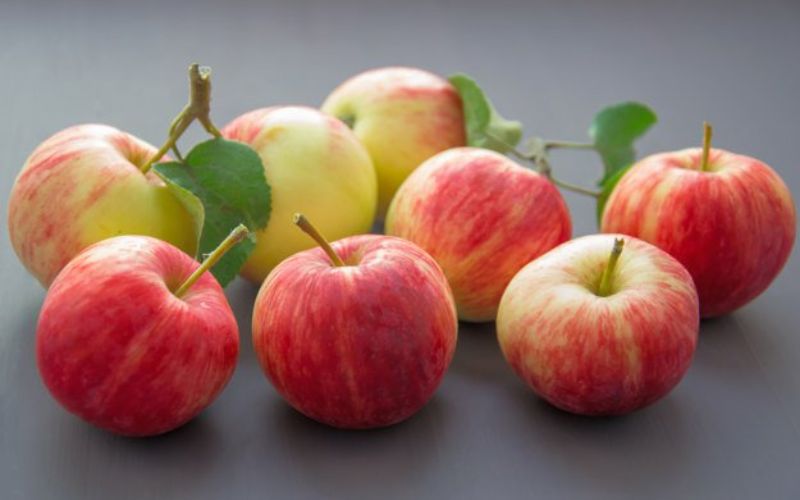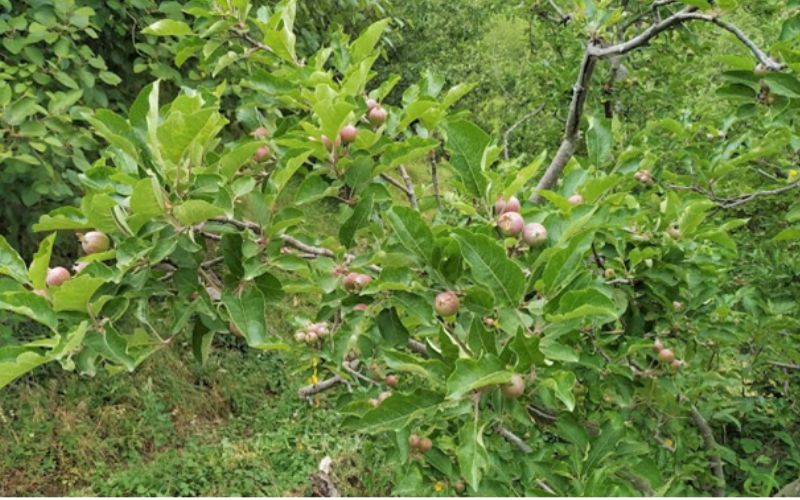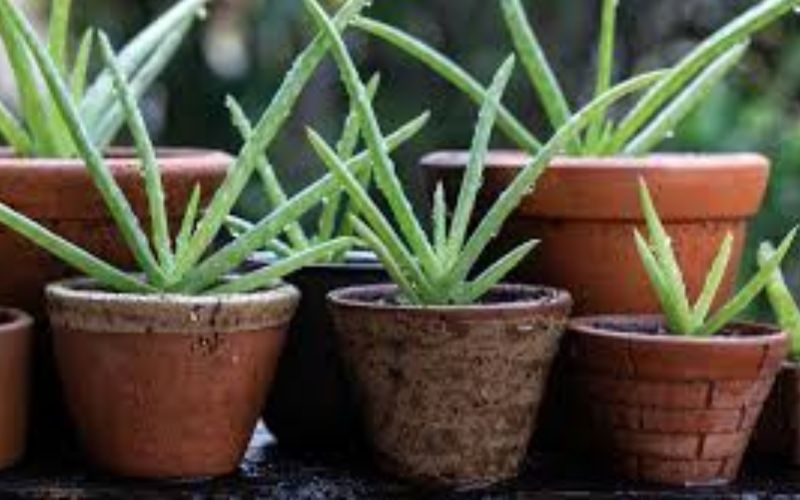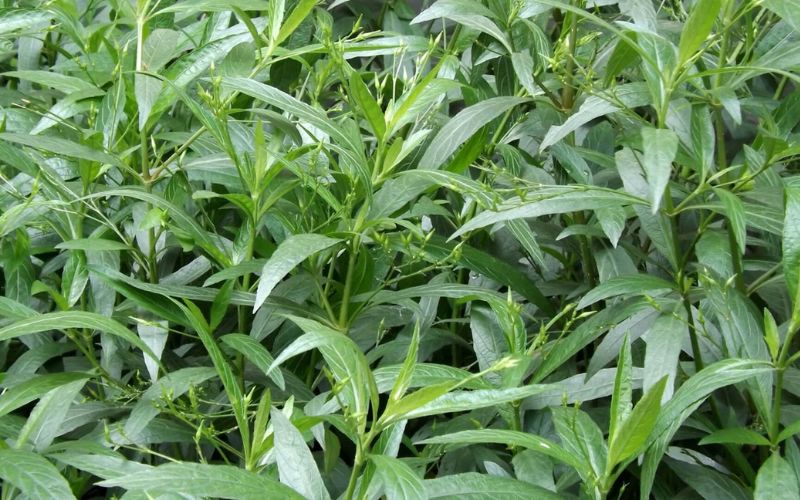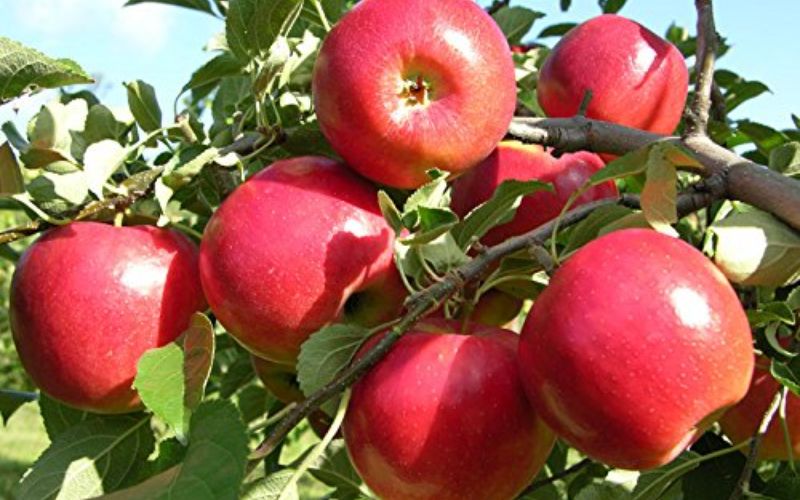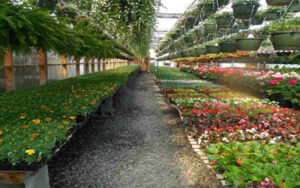Research shows Biochar-based fertilizers affect tomato plants and AM Fungi Symbiosis
Nursery Today Desk
New Delhi. Joseph Gottlieb Kolreuter Institute for Plant Sciences and Institute for Technical Chemistry researchers conducted a study to investigate he impact of different biochar biomass sources on their symbiosis with arbuscular mycorrhi fungi (AM fungi) in the soil using tomato seedlings.
Biochar is a potential substitute for phosphate fertilizer. It is made by pyrolyzing biomass at temperatures between 400°C and 700°C. For the production of biochar-based fertilisers, various organic feedstocks, such as scrap wood, chicken dung, or leaves, can be employed. However, previous studies have shown that different plants react differently to biochar, with some growing more successfully, some having no fertilisation effects, and others being negatively impacted.
In the initial study, the researchers compared biochar made from chicken dung and wheat straw. As expected, tomato seedlings fertilised with chicken manure biochar showed rapid and strong growth because of the abundantly accessible phosphate. The chicken manure biochar had nine times more phosphate, a key chemical for plant growth.
In the second experiment, the symbiotic relationship between tomato plants and arbuscular mycorrhizal fungus (AM fungi), which have existed in the roots of 80% of land plants for more than 400 million years, was examined. The symbiotic relationship between tomato plants and arbuscular mycorrhizal fungus (AM fungi), which have existed in the roots of 80% of land plants for more than 400 million years, was examined in a second experiment. The roots of the plant are infected by AM fungus, which take up phosphate from the soil and give it to the plant in return for sugar and lipids. The scientists discovered that phosphate-rich biochar made from chicken dung prevented this symbiosis, resulting in a minimal exchange of molecules between the plant and the fungal. On the other hand, biochar made from wheat straw encouraged an active symbiotic interaction, which made the plants more tolerant of other microbes and offered stronger defence against diseases. Unexpectedly, the plants’ intricate molecular reaction to the biochar.
The research team used gene expression analyses to support these conclusions. Genetic activity of the plant can be tracked using this complex and expensive technology, and they can spot particular markers that are turned on or off. More researches are required in order to fully comprehend how plants react. Professor Requena emphasises that once they understand this reaction, they may be able to modify plants to use less phosphate and, as a result, lessen their future dependency on mineral fertilisers.


